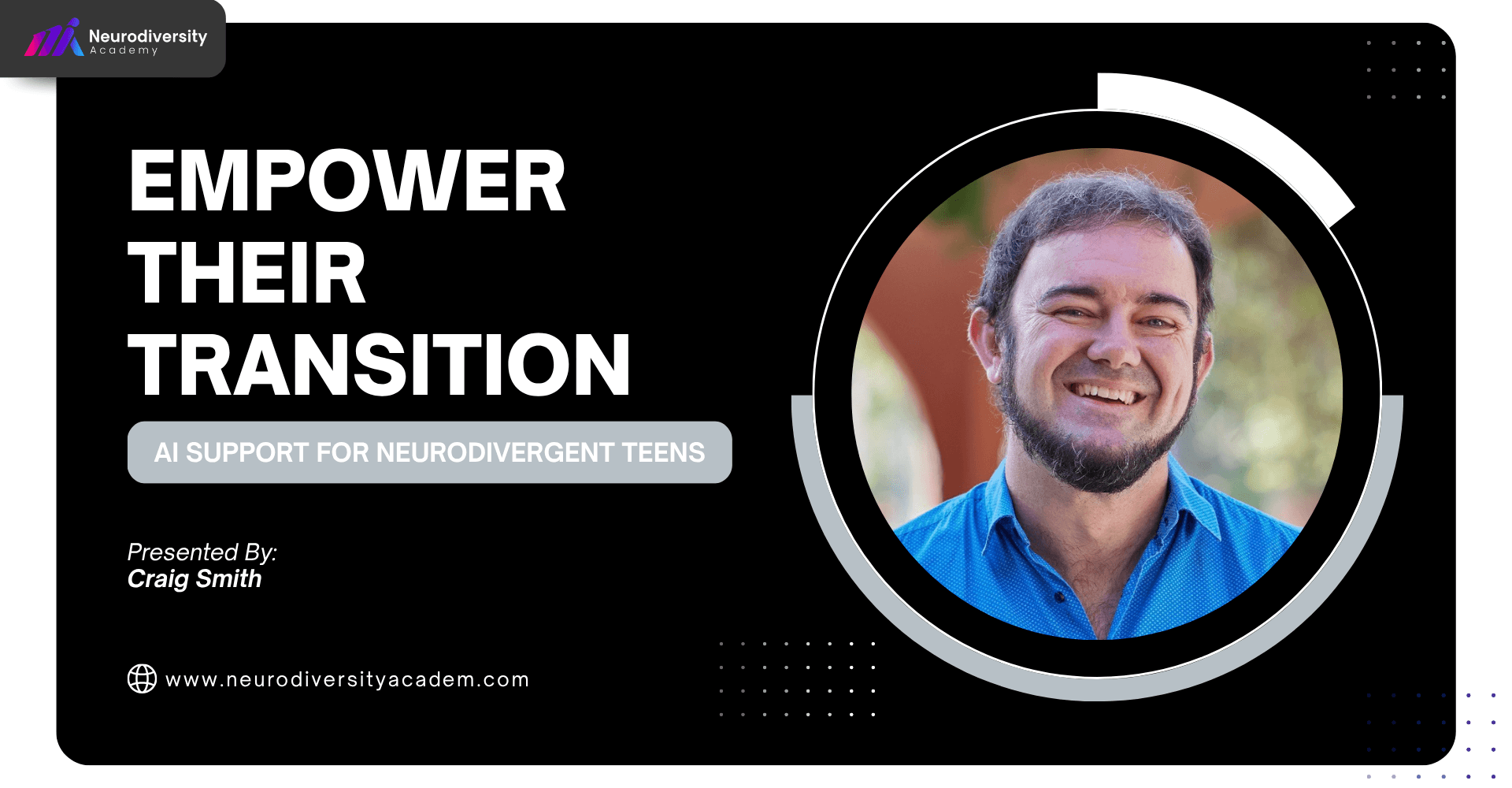In the Realm of Higher Education
In the realm of higher education, the pursuit of knowledge knows no bounds. Yet, for neurodivergent students – those with neurological differences such as ADHD, dyslexia, or autism spectrum disorder – the journey can be fraught with obstacles. Fortunately, Universal Design for Learning (UDL) offers a beacon of hope, ushering in an era of inclusivity and accessibility that benefits not only neurodivergent individuals but society as a whole.
Universal Design: A Beacon of Hope
At its core, universal design embodies the principle of accessibility for all. It advocates for the creation of environments and materials that can be accessed, understood, and used to the greatest extent possible by all individuals, regardless of their differences. For neurodivergent students, this means breaking down barriers to learning and ensuring that educational experiences are tailored to their unique needs and strengths.
Flexibility: A Key Pillar
One of the key pillars of universal design is flexibility. In higher education settings, this translates to offering multiple means of representation, expression, and engagement. Neurodivergent students may excel in different areas – some may prefer visual learning, while others may thrive through hands-on experiences. By providing a variety of instructional methods and assessment formats, UDL empowers students to choose the approaches that best suit their learning preferences, maximizing their potential for success.
Individualized Support: Fostering Belonging
Moreover, universal design fosters a culture of individualized support. Rather than implementing one-size-fits-all solutions, educators can tailor their teaching strategies to accommodate the diverse needs of neurodivergent students. This might involve providing additional time for assignments or exams, offering alternative means of demonstrating understanding, or incorporating assistive technologies into the learning environment. By acknowledging and addressing the unique challenges faced by neurodivergent individuals, UDL promotes a sense of belonging and acceptance within the academic community.
Inclusive Learning Environments: Active Engagement for All
By embracing universal design, higher education institutions can create inclusive learning environments that promote active engagement among all students. Neurodivergent individuals, in particular, benefit from the varied methods of instruction and assessment that UDL encourages. For example, incorporating multimedia presentations, interactive activities, and group discussions can appeal to diverse learning styles and cognitive processes, enhancing the overall learning experience for everyone involved.
Retention and Mastery: Scaffolding Success
Furthermore, UDL supports neurodivergent students in retaining information by providing multiple opportunities for reinforcement and practice. For instance, offering lecture transcripts or recordings can help students review content at their own pace, while interactive study guides or quizzes can reinforce key concepts in a format that is accessible and engaging. By scaffolding learning experiences and accommodating diverse learning needs, universal design promotes retention and mastery of academic material among neurodivergent students.
Preparing for a Diverse Future
In addition to its immediate benefits, universal design prepares neurodivergent students for success in a rapidly evolving world. In an era where diversity and inclusion are increasingly valued in academic and professional settings, the skills and resources acquired through UDL are invaluable. Neurodivergent individuals bring unique perspectives and talents to the table, and by equipping them with the tools they need to thrive, higher education institutions contribute to a more diverse and dynamic society.
The Importance of UDL Cannot Be Overstated
In conclusion, the importance of universal design for neurodivergent students in higher education cannot be overstated. By embracing principles of accessibility, flexibility, and individualized support, institutions can create inclusive learning environments that cater to the diverse needs of all students. Through UDL, neurodivergent individuals are empowered to reach their full potential, both academically and personally, paving the way for a brighter and more inclusive future for all.




